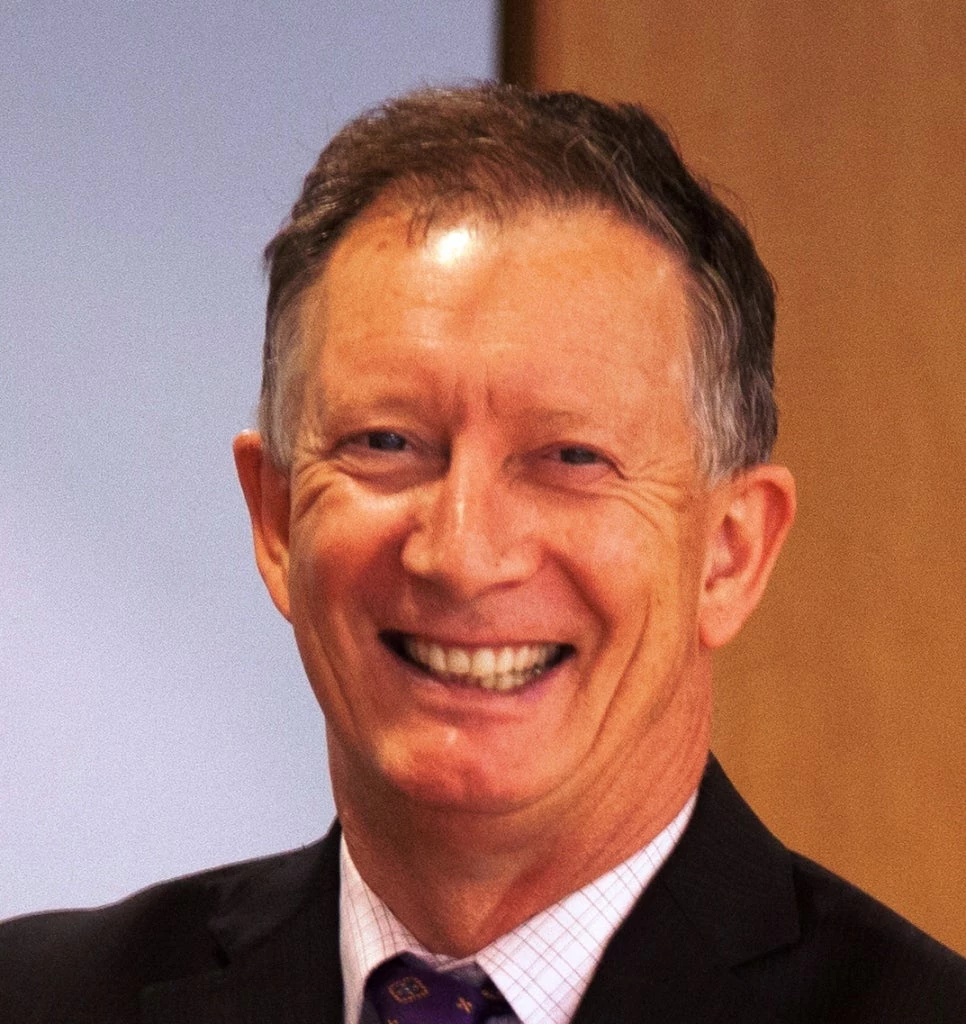At a fishing enclave called Baie des Anges on Guinea Conakry's Atlantic coast, the country's development challenges are laid bare. In this make-shift settlement shrouded with blue tarpaulins and weighted down with stones and old tires, families battle the constant threat of flooding while they struggle to make a living from fish they smoke on cinder-block stoves. For the poor people of Guinea, better times can't come fast enough.
The statistics are tough to read. Here in Guinea, it rains for six months a year and yet drinking water is hard to find. The country has some of the world’s largest deposits of bauxite and iron ore, and still one in two people lives in grinding poverty. And it’s getting worse. The poverty rate has jumped from 53% of the population in 2007 to more than 55% in 2012. Blessed with some of Africa’s most significant agricultural and hydro-electric potential, few homes outside downtown Conakry have power at night unless they run generators; and food is often in short supply.
 I joined the World Bank’s Vice President for Africa, Makhtar Diop, on a recent trip to Guinea where he held development talks with the President, Professor Alpha Condé, the Prime Minister, Mohamed Said Fofana, Cabinet Ministers, and local business leaders. In his discussions Diop was optimistic about the country’s development future and its potential to tackle its energy shortages, boost its agriculture production, and use its rich mining resources to transform the economy and development prospects of some of Africa's poorest people.
I joined the World Bank’s Vice President for Africa, Makhtar Diop, on a recent trip to Guinea where he held development talks with the President, Professor Alpha Condé, the Prime Minister, Mohamed Said Fofana, Cabinet Ministers, and local business leaders. In his discussions Diop was optimistic about the country’s development future and its potential to tackle its energy shortages, boost its agriculture production, and use its rich mining resources to transform the economy and development prospects of some of Africa's poorest people.
According to Diop, the challenges of poverty, power and food are why it's so essential for the government, working closely with its development partners, the private sector, and other key groups, to improve the living conditions of Guineans through reforms and policies that spur more economic growth, significantly better health, education, opportunities for jobs, reliable and affordable electricity in homes and work places, and the growing of good nutritious food to eat.
Guinea is close this month to realizing as much as US$639 million (over the next three years) in savings from a debt forgiveness agreement under the terms of the World Bank/IMF Heavily-Indebted Poor Countries Initiative or HIPC. Even Guineans who don't normally follow politics know that something special is on the way for the country.
As Guinea’s debt is being forgiven, Diop says he will mobilize the World Bank Group to work more closely with the country’s people and elected leaders to build on the momentum of the democratic election of President Condé and to lay the foundation for the country's new three-year development plan with the World Bank known as a country assistance strategy. The plan will set Guinea's development priorities based on the guidance of the government and other key constituencies like civil society, the private sector and communities themselves.
He also underlines his commitment to helping Guinea connect more power to the country's businesses and homes by approving an extra US$18.3 million grant (from IDA, the World Bank's fund for the poorest countries) for the Guinea Electricity Sector Efficiency Enhancement project.
As we leave Guinea after travelling to Cote d'Ivoire and South Africa the previous week with World Bank Group President Jim Kim, the local newspaper headlines read "Pour l'atteinte du PPTE, Makhtar Diop optimiste pour la Guineea " and "Secteur d'Electricite: une bonne nouvelle de part de la Banque Mondiale."
Diop, and World Bank Country Director for Guinea, Ousmane Diagana, and the entire country team, are optimistic that Guinea will turn its incredible untapped wealth in mineral and natural resources into significantly less poverty and more opportunity for all Guineans.


Join the Conversation